Table of Contents
What is Dungeons and Dragons
Now that is an interesting question. Dungeons and Dragons can mean a number of things to many different people. The short answer is Dungeons and Dragons is a tabletop fantasy roleplaying game. It’s a game that a group of friends come together to play, often on a regular basis, that is played by using collective imaginations to tell a story in a make believe fantasy world. There is a set of rules that are followed to help give some structure to the story and the gameplay, and players roll dice to determine what the outcome of actions are and to represent the randomness of the world they play in. Each group will have a “Dungeon Master”, or DM, who is responsible for building the world that the players play in, giving the players quests to complete and playing all the non player characters that exist in the world.
Hmm not such a short answer after all….
For many people Dungeons and Dragons is there first foray in to roleplaying. Most will be fans of video games, geek culture or possibly other board games first, but will think of Dungeons and Dragons as almost “too nerdy” to consider playing. However, with ever increasing popularity from celebrity endorsements, or highlights in mainstream shows like ‘Stranger Things’; millions of people across the world now play Dungeons and Dragons and its slowly starting to shake it’s old reputation. Players usually find the rules strike the perfect balance between simple to pick up and easy to understand, while also giving a huge depth of gameplay to get stuck in to when you start to play more and more.
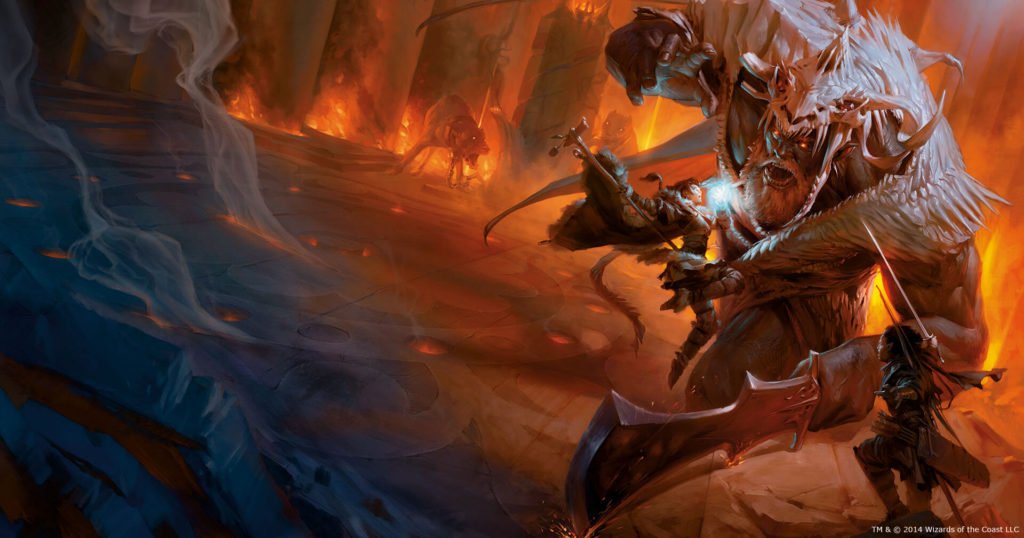
Also, it cant be understated the impact that livestreaming and podcasts have had in the resurgence of Dungeons and Dragons in the last decade. Critical Role, The Adventure Zone, Dimension 20, High Rollers, Acquisitions Incorporated, the list goes on and on for live play series that avid viewers tune in for every week to hear tales of the favourite heroes and the hilarious hijinks that go along with them. Its the perfect medium allowing an infinite number of groups to craft their own story and for viewers to pick up the rules as they listen, equipping and inspiring them to start their own stories.
What does DnD mean?
DnD is common short hand used to say Dungeons and Dragons, the same way you would say Rock n Roll. Many people also use “D&D” to mean the same thing. Just don’t get confused with someone who may be trying to say Do Not Disturb and isn’t inviting you to come roll some dice.
Is Dungeons and Dragons a Board Game?
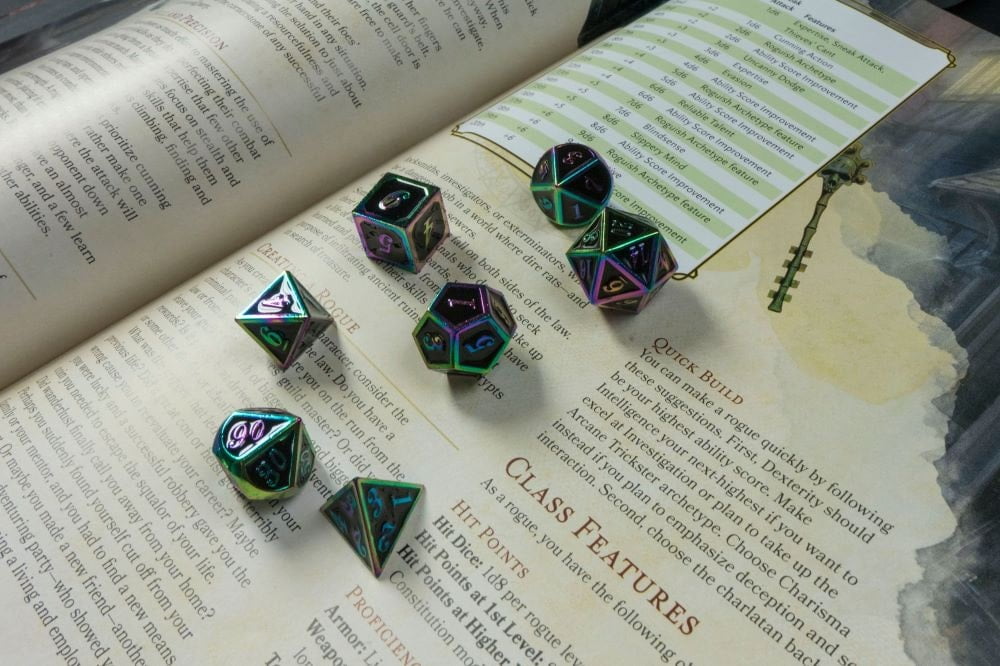
Where do the Dice come in?
Lots of things can change between different DnD games; but one of the key pillars that will be consistent is the use of dice. Dice are rolled as a way to represent the randomness of the roleplayed universe and are used to decide the outcome of taken decisions. If you want to swing your sword at a goblin, how do you decide whether it strikes true, or the goblin dodges underneath? Roll a dice. If a dragon breathes fire down upon you and you want to jump behind a rock for cover, are you quick enough? Roll a dice. Get the idea?
Now once you start playing you realise its not that simple. There are different kinds of dice that are used for different reasons, and each character will have traits that mean some rolls have bonuses to them. For example, an 8ft, beefy half giant will have an easier time breaking down a door than a 3ft nimble gnome. But to learn more about that you’ll need to get yourself a copy of a players handbook from your local game store. You can also check out our guide to the different D&D Dice.
Who created Dungeons and Dragons?
Dungeons & Dragons was created by US game designers Ernest Gary Gygax and David Arneson. D&D was born out of a medieval combat simulator game called Chainmail, which was invented by Jeff Perren and adapted by Gygax. At the back of the Chainmail book was a 14-page supplement explaining how the rules could be adapted to a fantasy settings with details of spells like the now legendary Fireball. Friend of Gygax, Dave Arneson used Chainmail as inspiration to create his own game fantasy world setting named Blackmoor, and ran a game of Blackmoor for Gygax himself. Inspired they continued to work together and collaborate to form the very first version of Dungeons and Dragons.
In 1997 the game was acquired by its current publisher Wizards of the Coast, who continue to adapt, improve and promote D&D across the world.
When did Dungeons and Dragons come out?
The first version of Dungeons and Dragons officially came out in 1974. Now referred to as Original Dungeons and Dragons (OD&D), this first edition was published by Tactical Studies Rules (TSR), a company founded by Gygax himself when he was unable to find a publisher. It came as 3 booklets; Men & Magic, Monsters & Treasure, and The Underworld & Wilderness.

| Year Released | D&D Edition |
|---|---|
| 1974 | Original Dungeons & Dragons (OD&D) |
| 1977 | Advanced Dungeons & Dragons 1st Ed |
| 1984 | Advanced Dungeons & Dragons 2nd Ed |
| 2000 | Dungeons & Dragons 3rd Ed |
| 2003 | Dungeons & Dragons v.3.5 |
| 2007 | Dungeons & Dragons 4th Ed |
| 2014 | Dungeons & Dragons 5th Ed (current version) |
Is Dungeons and Dragons evil or dangerous?
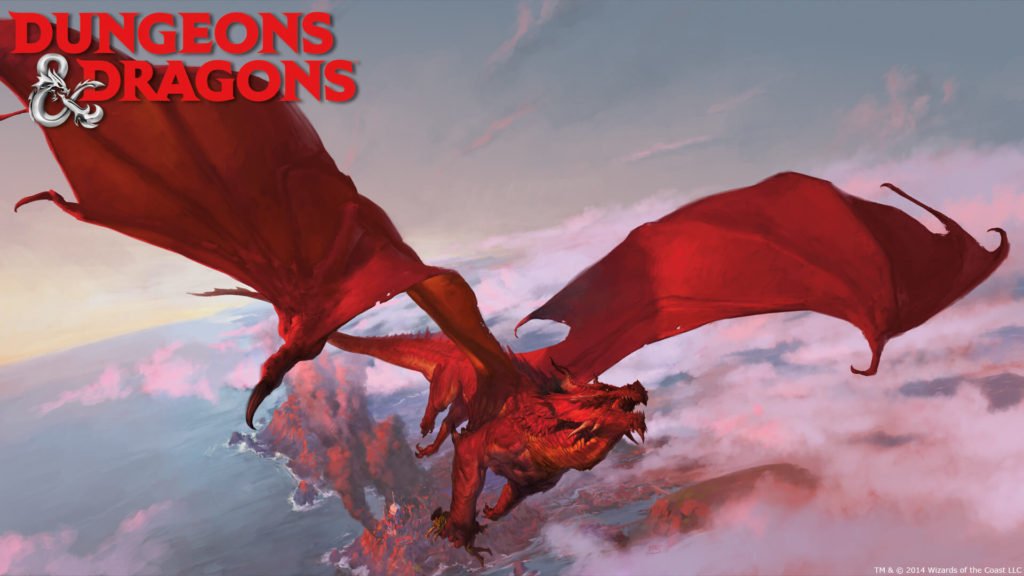
Is Dungeons and Dragons easy to play?
In a word, yes. DnD can be as easy or as hard as you want to make it. There are hundreds of rules that cover almost every scenario that a party of adventurer’s could run in to, but these are there to help not hinder a fun experience.
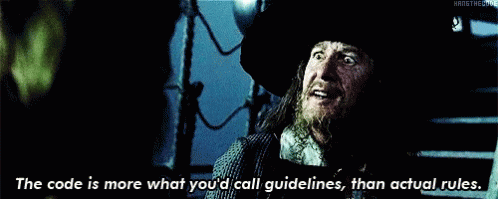
DnD can seem complex and players and DM’s alike can worry about getting things wrong, but like we’ve said before, if you’re having fun, who really cares? As long as everyone is on the same when it comes to how strictly aligned to the rules your games are, there’s nothing to worry about. If a player dives in to the water to sae some sinking treasure, there are rules for how long a player can hold their breath underwater, but in the heat of the moment there’s nothing wrong with the DM saying you have 20 seconds before running out of air. You will see this difference even in live play podcasts with millions of listeners, some will stick to the rules strictly for consistency and to make it clear what the stakes are, others will take a more casual approach in favour of getting cooler story moments. It’s all personal preference.
Many new players may also get immediately scared off by the size of the Players Handbook that they get handed to read through on day 1. But most don’t realise that a lot of the content in there they don’t need once they have chosen some basic things about their character. Once you have chosen you’re race and class, you don’t need to read through and remember a large chunk of pages as they are only relevant to other classes and races.
Now saying all this, the DM is the one person who will carry the majority of the responsibility and ‘work’ that is needed to play DnD, at least in the early stages. They need to have an idea of the story structure and keep the table under control. But there are starter guides and numerous guided adventure books that make everything really simple. And once one person knows the rules, they can help get new players up to speed.
Its also been around for such a long time and has gone through so many iterations, that it has become very polished and there is a vast amount of online advice and content to get you started. Learning from listening to liveplay podcasts and YouTube series can make learning the general rules easy and fun. If you are brand new we would recommend starting with Episode 1 S2 of Critical Role; and just listening along, enjoy the story and get a feel for how the game is played and the general rules. But do be aware of the Matt Mercer effect before jumping in to your own game.
If you want to play online with your friends we’ve put together a guide on how to play D&D online.
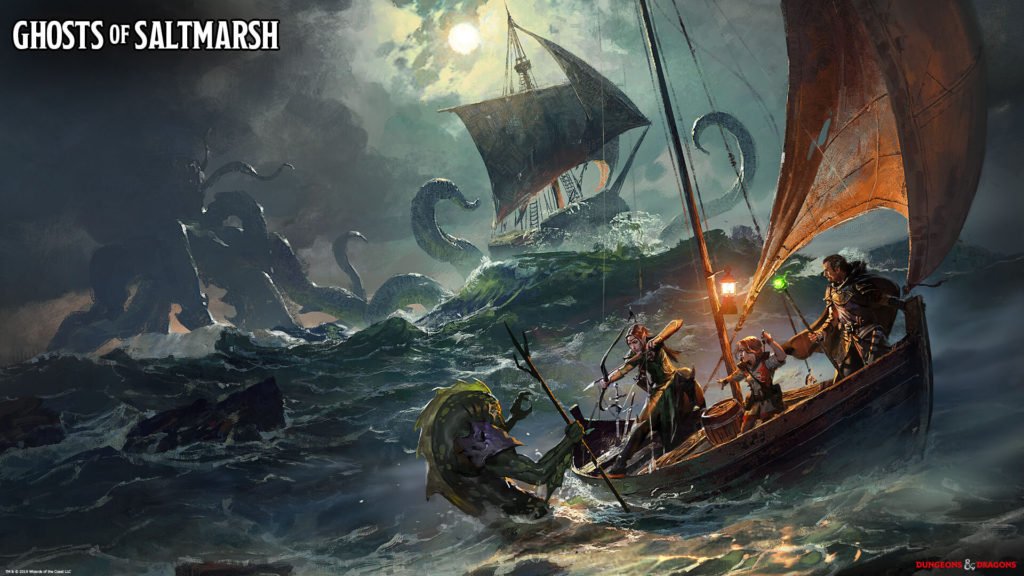
Is Dungeons and Dragons free?
The cost of playing DnD can vary widely depending on how you want to play. Some groups that have been playing for a while may have a custom built miniatures for every player, hand build 3d maps and a horde of awesome dice to choose from. But really all you need to get started is:
*These are Amazon Affiliate links, if you want to support us you can purchase through these and we may earn a commission on your purchase. However, we strongly recommend heading to your local game store to purchase these items and show them your support. You may even possibly meet some likeminded people to game with. You can find your nearest friendly local game store using this great tool: FLGSlocator.
Read Our Quest for more details.
Why is DnD Popular/Fun?
There are numerous reasons why DnD has become so popular and is so avidly loved by fans.
It’s social
By its nature DnD is meant to be played as a group, whether this is 3 people or 13, nothing can bring people together on a consistent basis like a regular DnD campaign. It teaches you more about each other, gives loads of opportunities to laugh and gives you stories that you can talk about for years to come.
It’s for everyone
There’s a huge range of skill levels and a wide variety of different styles that can play. You can play very casually, focussing on humour and telling a wild and fun story, or you can take it very seriously and spend hours carefully crafting your characters exactly how you want and build an expansive and deep world.
It’s creative
Very few other hobbies let you be actively creative. Taking up painting or writing can seem daunting but setting a couple of hours aside to play a game with your friends is the perfect way to slowly introduce yourself to using that creative part of your brain.
It’s expansive
If swords and dragons aren’t your thing, you can switch it up with a Sci-Fi campaign, or a Wild West setting, or why not 1920’s New York. Although switch it up can take some more work there is no limit to what worlds you can create and can apply similar rules to. Or if its too much work, explore other similar Roleplaying games set in other worlds from Star Wars to Steampunk, Post Apocalyptic to Lovecraftian, they are all out there.
It’s magic
Its hard to describe to someone that’s never played before just how wonderful and magical a good game of Dungeons and Dragons can become. It really is lightning in a bottle. We love it so much that we created this site, to teach new players and act as a gathering space for the incredible DnD community.
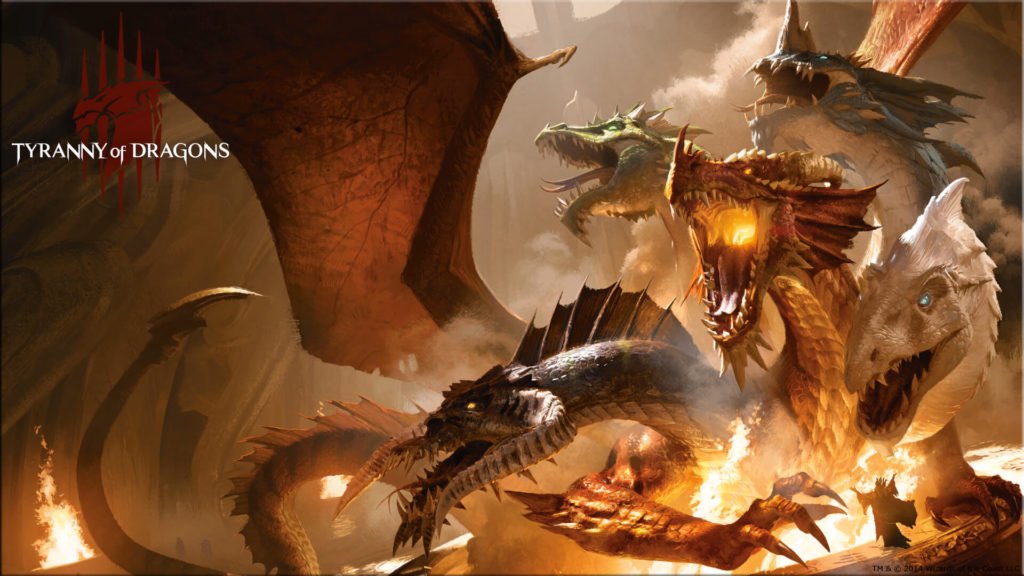
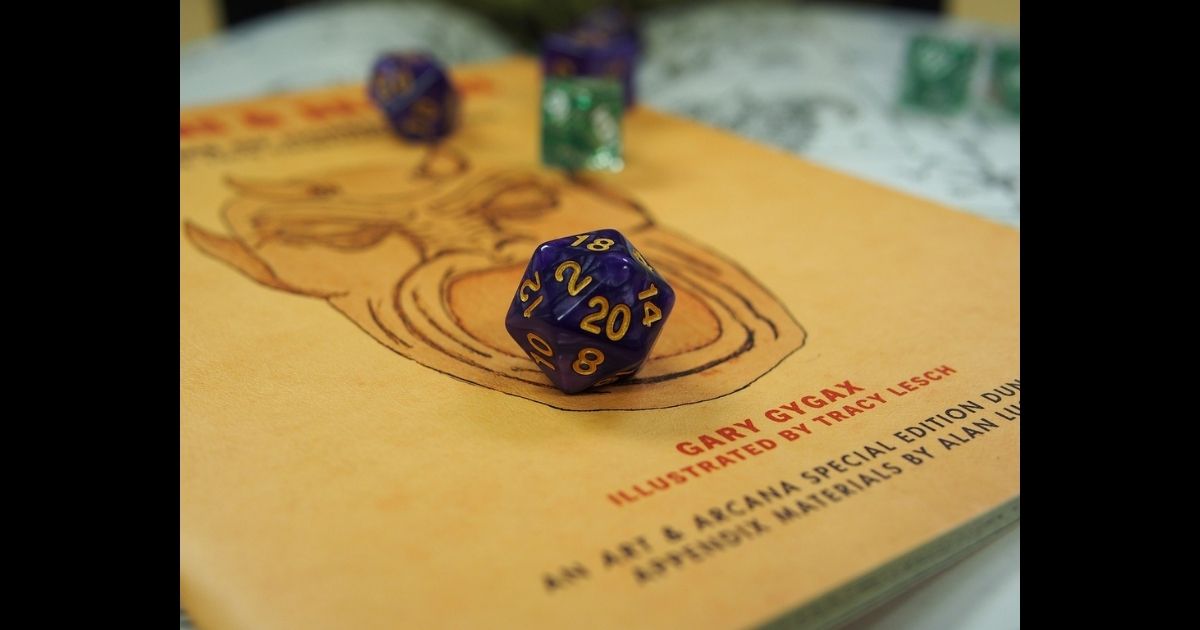

1 thought on “A complete guide to Dungeons and Dragons – DnD Explained”
Pingback: How to play Dungeons and Dragons for Kids